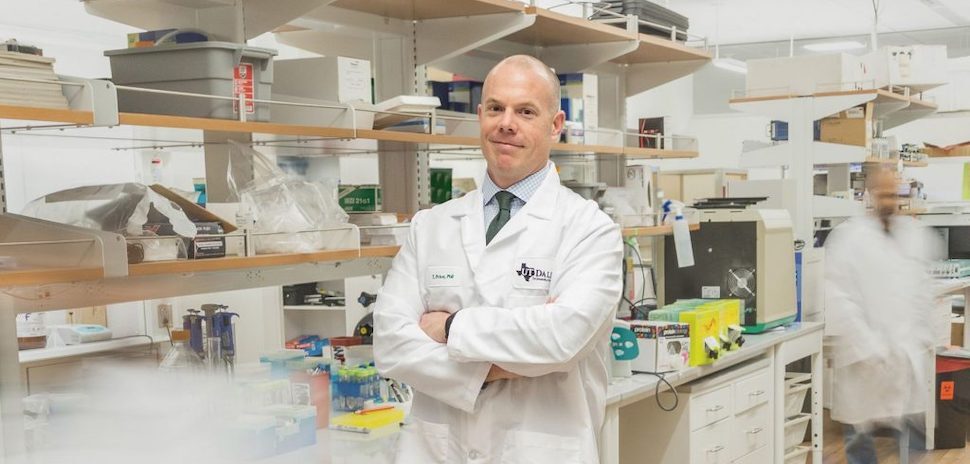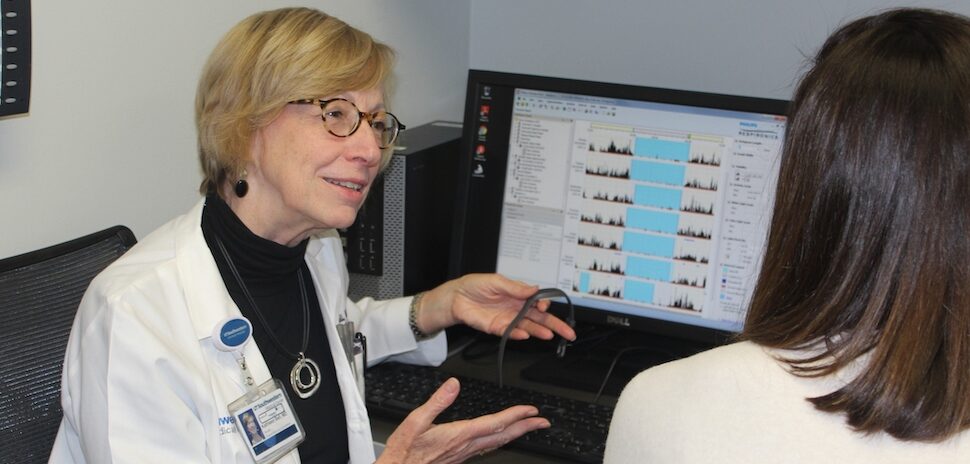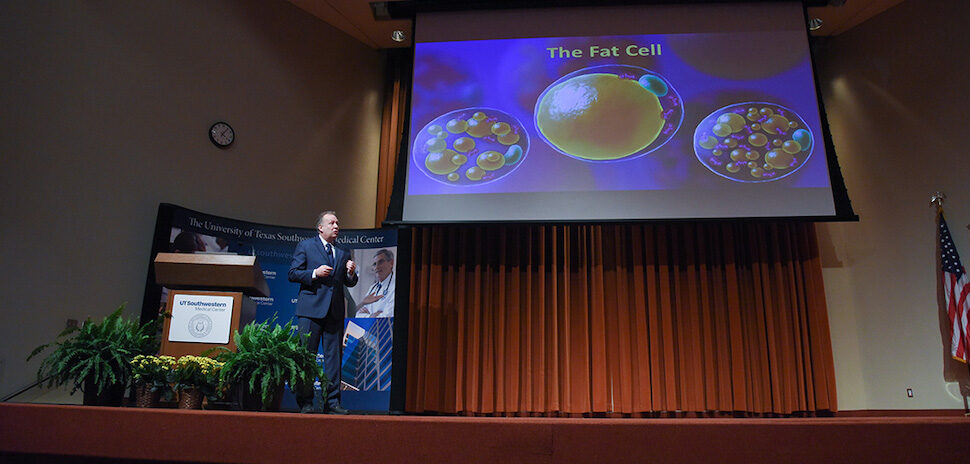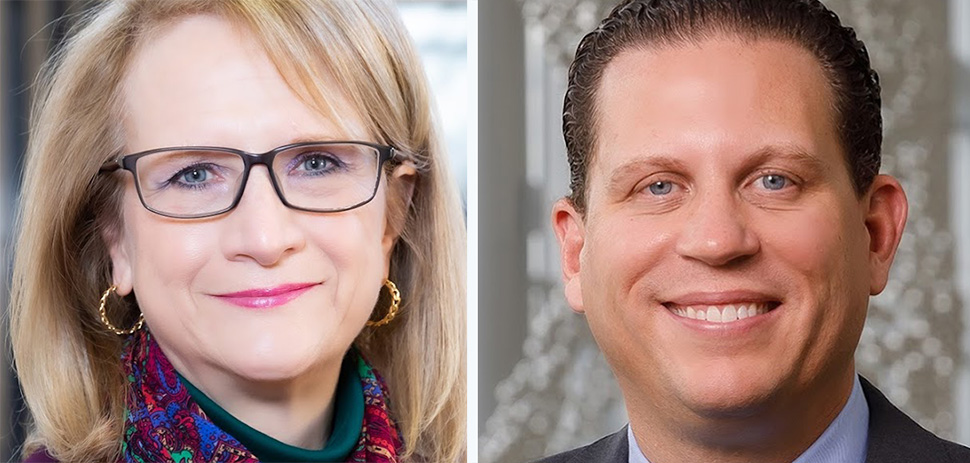In recognition of its efforts to reduce infections caused by antimicrobial resistance, UT Southwestern Medical Center and its William P. Clements Jr. University Hospital in Dallas have been named an Antimicrobial Stewardship Center of Excellence by the Infectious Diseases Society of America.
“Our UT Southwestern Antimicrobial Stewardship Team (SWAT), led by James Cutrell, M.D., is an integral piece of our overall mission to provide high-quality patient care in the safest manner possible, and its members have the full backing and support of institutional leadership,” William Daniel, M.D., M.B.A., vice president for Health System Affairs and Chief Quality Officer at UT Southwestern, said in a statement. “The team’s collective experience and expertise provide key guidance on antimicrobial use for our patients and have led to a proven track record of success that is deserving of the Center of Excellence designation from the IDSA.”
UTSW said that antimicrobial resistance to antibiotics is an urgent global public health threat.
In the United States alone, more than 2.8 million antibiotic resistant infections occur annually, killing more than 35,000 people, according to the Centers for Disease Control and Prevention.
While antimicrobial resistance can occur as a natural phenomenon, the growing increase in resistance over the past several decades largely comes from improper use of antibiotics, Daniel said.
How UTSW is combating the overuse of antibiotics
UTSW’s SWAT program has taken a number of actions to combat the problem, including:
- Campuswide education for prescribers and other healthcare professionals with a comprehensive antibiotic stewardship program website, a monthly SWAT newsletter, and annual Antibiotic Awareness Week educational activities.
- Prior authorization and post-prescriptive audit and review of select high-risk antimicrobials.
- Collaboration with key stakeholders to develop and maintain antimicrobial order sets to improve such targeted conditions as sepsis mortality and colorectal surgical site infections.
- Launching a pharmacist-led protocol to help improve empiric antibiotic treatments in patients admitted with pneumonia.
- Development, ongoing maintenance, and education for providers on COVID-19 management protocols for inpatient and outpatient therapeutics, contributing to lower mortality for admitted COVID-19 patients compared to national benchmarks.
- Ongoing quality improvement initiative to reduce hospital-associated infections from Clostridioides difficile (C. diff), a common infection caused by antibiotic overuse, as a key patient safety goal for UTSW’s Health System.
UTSW said that several members of the SWAT program have received advanced training in antibiotic stewardship. The SWAT program also provides ongoing education and training for the institution and leads key program initiatives.
Integrating best practices
“It is truly an honor for our stewardship program to be recognized as a Center of Excellence by the IDSA, and it reflects the amazing team that we have — including my physician partner, Dr. Christina Yen, our Infectious Diseases pharmacists led by Drs. James Sanders, Esther Bae, and Marguerite Monogue, and our nurse coordinator, Tyla Carettini. They are the true engines who make our program so successful,” Dr. James Cutrell, associate professor in Internal Medicine and Program Director of the Infectious Diseases Fellowship Program, said in a statement.
Six other institutions also were designated as Centers of Excellence, bringing to 163 the number of medical centers that have received the designation since IDSA launched the program in 2017.
IDSA said that its main criteria for the Center of Excellence program emphasize an institution’s ability to implement stewardship protocols by integrating best practices to slow the emergence of resistance, optimize the treatment of infections, reduce adverse effects of antibiotic use, and address other challenging areas related to antimicrobial stewardship.
UTSW said that a panel of IDSA member experts in antimicrobial stewardship, including infectious disease-trained physicians and pharmacists, evaluate Center of Excellence applications against the high standards established by the IDSA leadership for determining merit.
![]()
Get on the list.
Dallas Innovates, every day.
Sign up to keep your eye on what’s new and next in Dallas-Fort Worth, every day.





































































